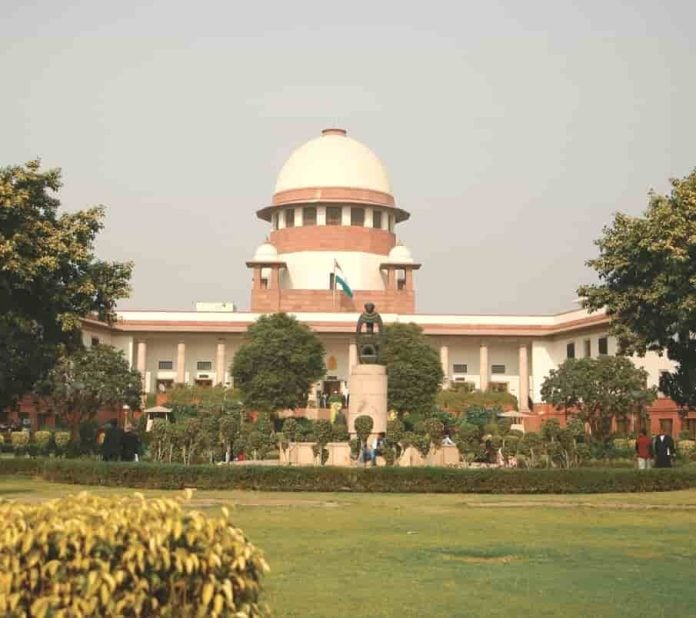The Supreme Court has come down heavily on the Rajasthan High Court for entertaining a civil writ petition seeking consolidation of all First Information Reports against an accused, who was denied interim relief under Section 482 CrPC in the plea seeking quashing of FIR.
The Bench of Justice Abhay S. Oka and Justice Pankaj Mithal passed the order on a petition challenging the Rajasthan High Court order, which granted the respondents protection from any coercive action.
As per the plea, six FIRs were registered against the respondents at the appellant’s behest, along with two other FIRs filed by other informants. The respondents then filed a Criminal Miscellaneous petition under Section 482 CrPC before the Rajasthan High Court, seeking to quash the FIRs. However, these petitions were heard by a Single Judge, who denied them interim relief.
On May 5, 2023, the respondents filed a civil writ petition, requesting the consolidation of all eight FIRs into a single case, which was allowed. The High Court further directed that no coercive action be taken against the respondents in connection with all eight FIRs.
The appellant alleged that the respondents exploited the prevailing roster system of the Rajasthan High Court to their advantage.
He claimed that the civil writ petition was filed with the sole purpose of avoiding the roster Judge who had not granted them interim relief. It was pointed out that they also sought interim relief in the civil writ petition, protecting them from coercive action regarding all eight FIRs, while the complainants were not even involved in the Civil Writ Petitions.
The Apex Court, while calling it a case of gross abuse of process of law, wondered as to how a Civil Writ Petition for clubbing First Information Reports could be entertained after being denied interim relief under Section 482 CrPC.
It said in the roster notified by the Chief Justice, there was a separate roster for Criminal Writ Petitions.
The top court of the country noted that this abuse of the legal process not only undermined the roster system, but also disrespected the importance of following established judicial procedures.
It said if the Courts allowed such sharp practices, the roster notified by the Chief Justice would have no meaning. The Judges have to follow discipline and ought not to take up any case unless it was specifically assigned by the Chief Justice. Taking up a case not specifically assigned by the Chief Justice was an act of gross impropriety, it added.
The Apex Court said that though it was filed as a Civil Writ Petition, the Judge ought to have converted it into a Criminal Writ Petition, which could have been placed only before the roster Judge taking up Criminal Writ Petitions.


